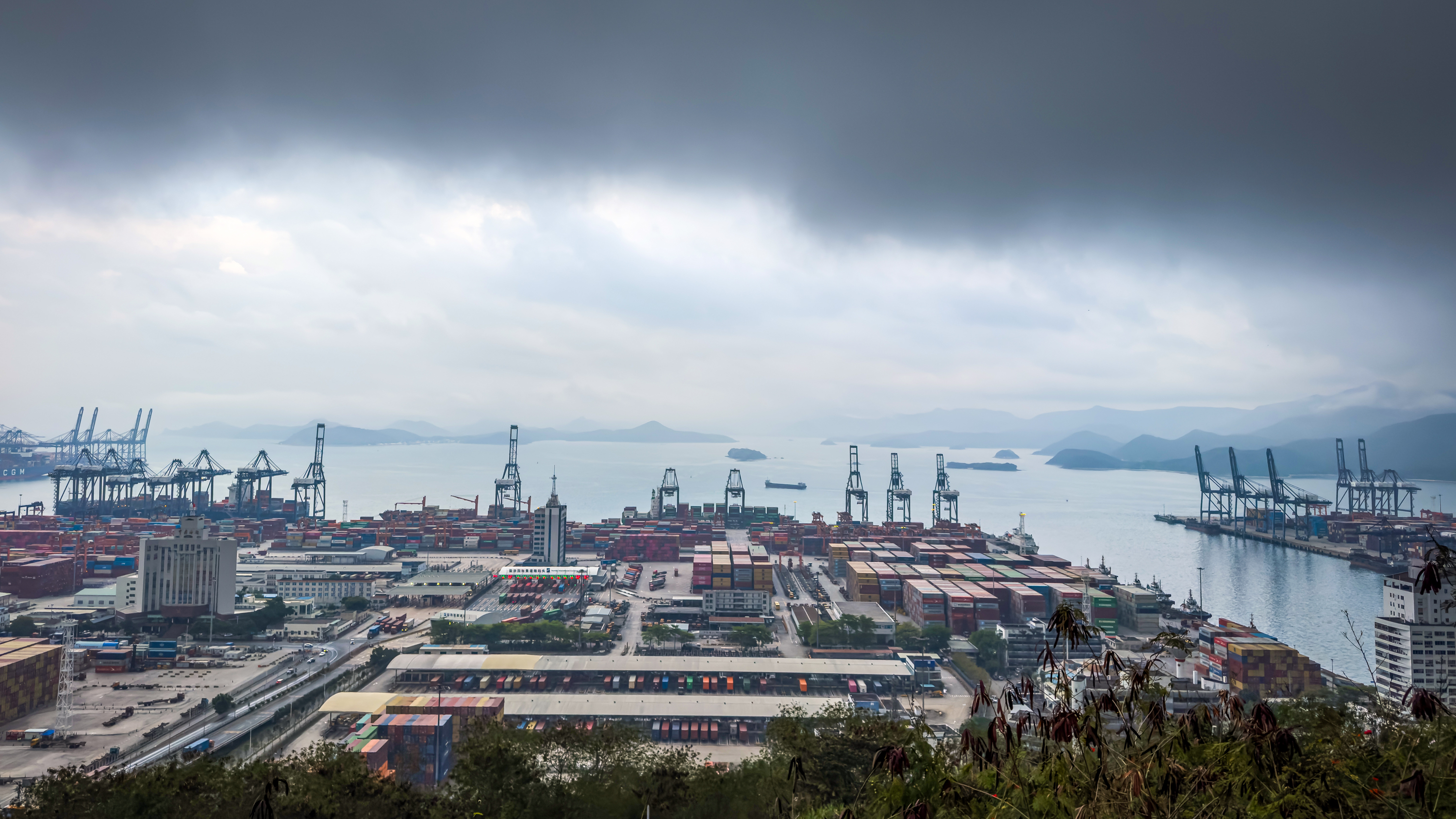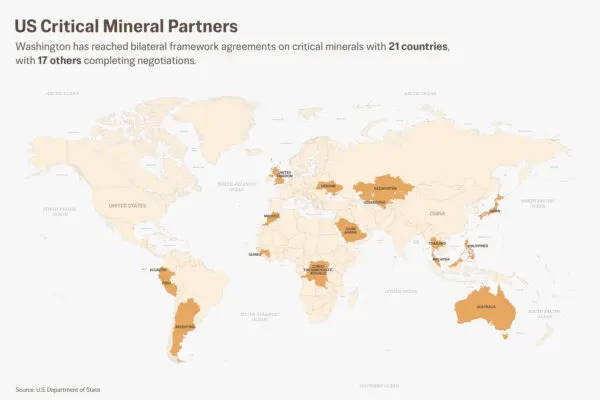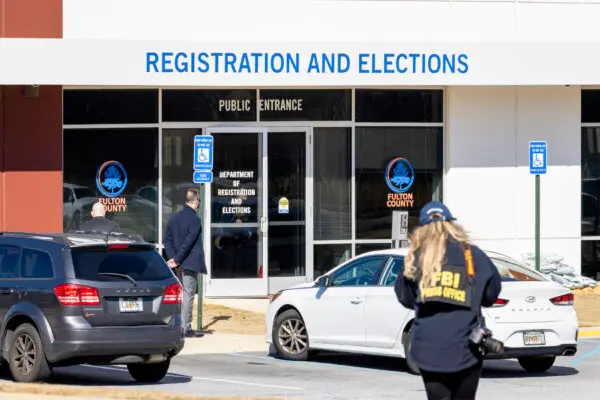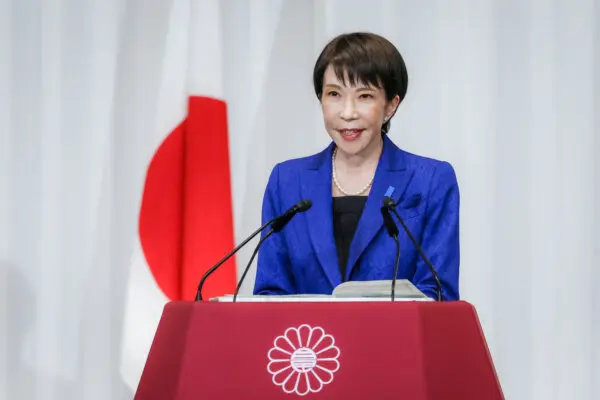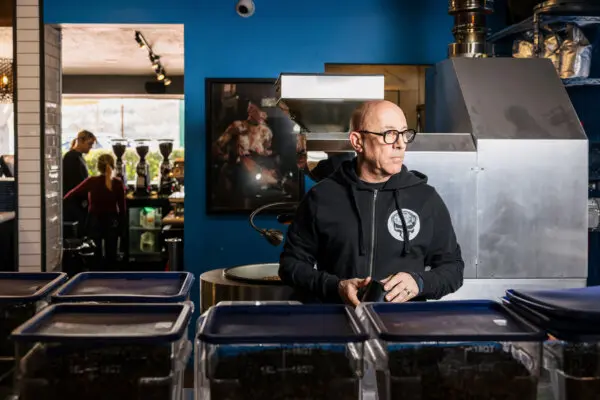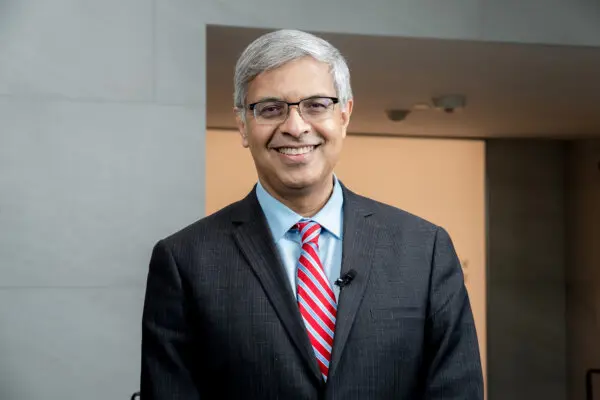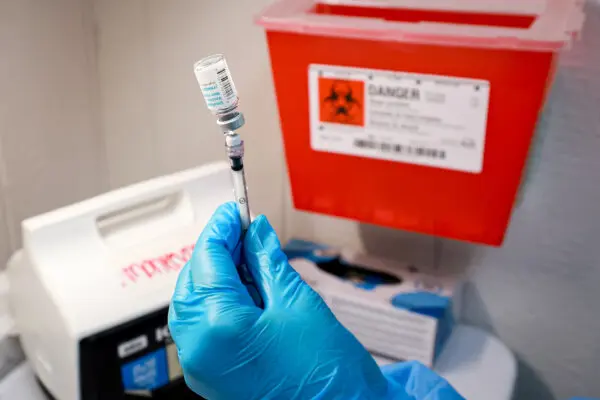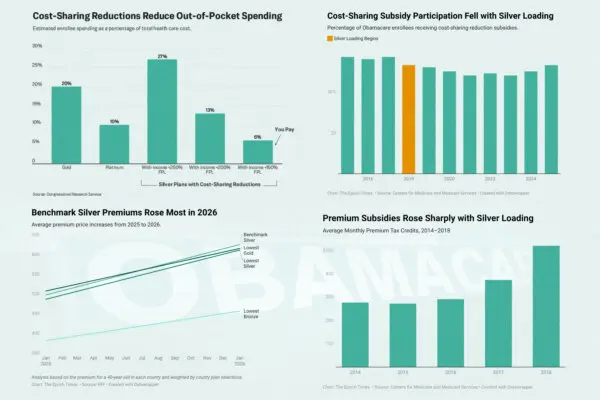The Chinese regime began a secret project during U.S. President Donald Trump’s first term to weaken the United States by scaling up production of fentanyl precursors and shipping them to Mexico and Canada for manufacturing and distribution across the border, according to an insider who has sources in Beijing’s top political circle.
The plan, which the Chinese regime has dubbed Project Zero, aims to make Americans addicted, according to Yuan Hongbing, a dissident and jurist living in exile in Australia. His sources are close to the descendants of senior Chinese Communist Party (CCP) officials. They asked to remain anonymous because of security concerns.

